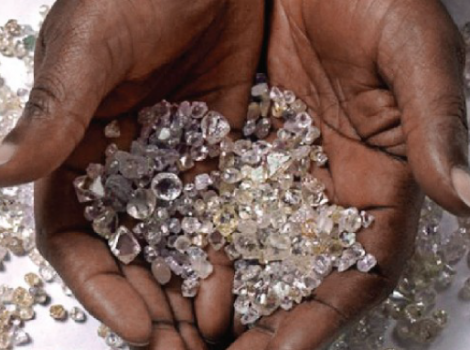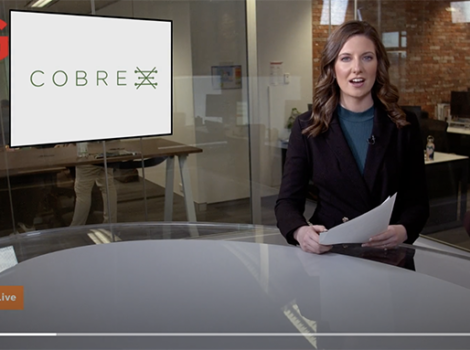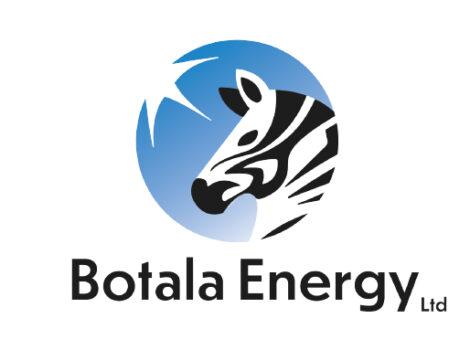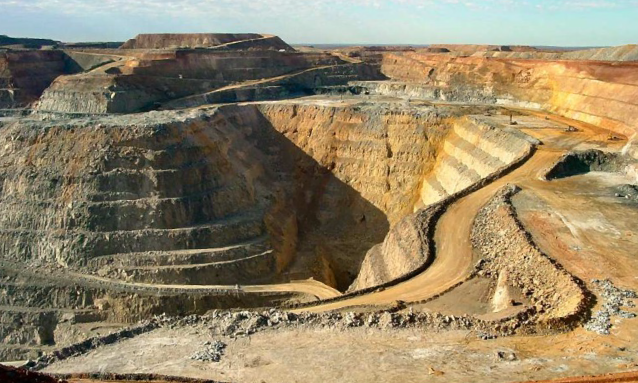
Khoemacau Copper Mine, a 62,000 tonne per annum operation currently under construction, expects to put US$263 million (P2.8bn) into the government’s coffers through royalties during its lifetime.
The mine is being developed by Cupric Canyon Capital, a firm powered by London-based natural resource private equity titan, Global Natural Resource Investments.

Cupric Canyon already has a funding package of P7.3 billion for Khoemacau, located on the Kalahari Copperbelt. The first copper out of the facility’s gates is expected by April 2021. The mine has a lifespan of approximately 21 years. The developing company took over the mothballed Boseto in July 2015 and it will use the failed mine’s processor for the new, high-tech Khoemacau. Boseto and Khoemacau have neighbouring orebodies.
Khoemacau CEO, Johan Ferreira recently told the Capital Resources Sector Conference that the royalty estimates came from a KPMG study the budding miner commissioned recently.

“The same study indicated a P90 billion impact on Botswana’s gross domestic product by Khoemacau over a 20-year lifespan,” he said.
Besides copper, Khoemacau will also produce 1.9 million ounces of silver annually. Similarly, developers plan to expand production after a few years by tapping into nearby orebodies to extract a further 100,000 tonnes of copper annually.
Khoemacau will be Botswana’s first mechanised mine, with automated processes expected to help the mine’s safety, productivity and overall sustainability. Studies suggest operating costs associated with mechanised mining results can be as much as 40% lower than conventional mining. It will also be only the second time in history that the Kalahari Copperbelt has been opened up for commercial mining operations, following the disastrous Boseto experience that ended in February 2015.
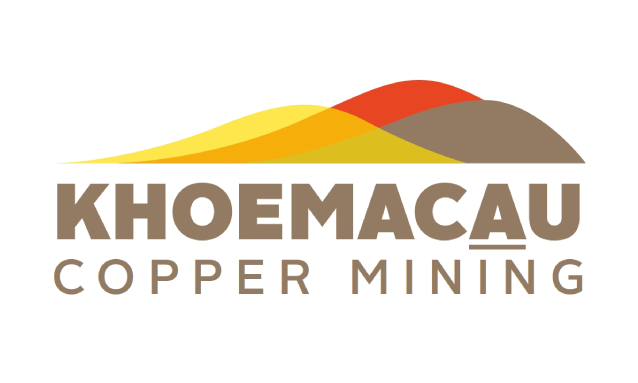
Ferreira separately told Mmegi’s BusinessWeek that with better processes and access to grid power amongst others, Khoemacau was well poised to anchor the opening up of the Kalahari Copperbelt.
“Definitely, it will open up the Kalahari Copperbelt and we are already sharing information with our neighbours about exploration and what we have discovered,” he said.
“It’s about better understanding and sharing information. If we have neighbours operating, there’s better industry, better supply chains and that’s to our benefit. They will benefit from us being there and us too.”
The CEO revealed that the mine’s development was well on track with the development of the underground mine due to start at the end of the year. He said Khoemacau had not yet taken steps towards an offtake arrangement for the mine’s copper.
“We will do that closer to production and the only reason being is to secure leverage to get better deals and advantages.
By that time and at that stage, you will know the market better,” he said.
By Wednesday, June 12th, spot copper prices were US$2.70 per pound, down from the five-year peak of about US$3.30 per pound reached last July. At their current levels, spot copper prices are just above the US$2.60 per pound they were at when Boseto closed on weak prices. Ferreira said Khoemacau was being built to withstand price pressures.
“We can sustain operations in the region of US$1.75 to US$1.80 per pound,” he said. “With some restructuring, we could get that even lower. “We have a good buffer and we are designing it to be able to sustain any economic downturn.
Source: mmegi.bw

